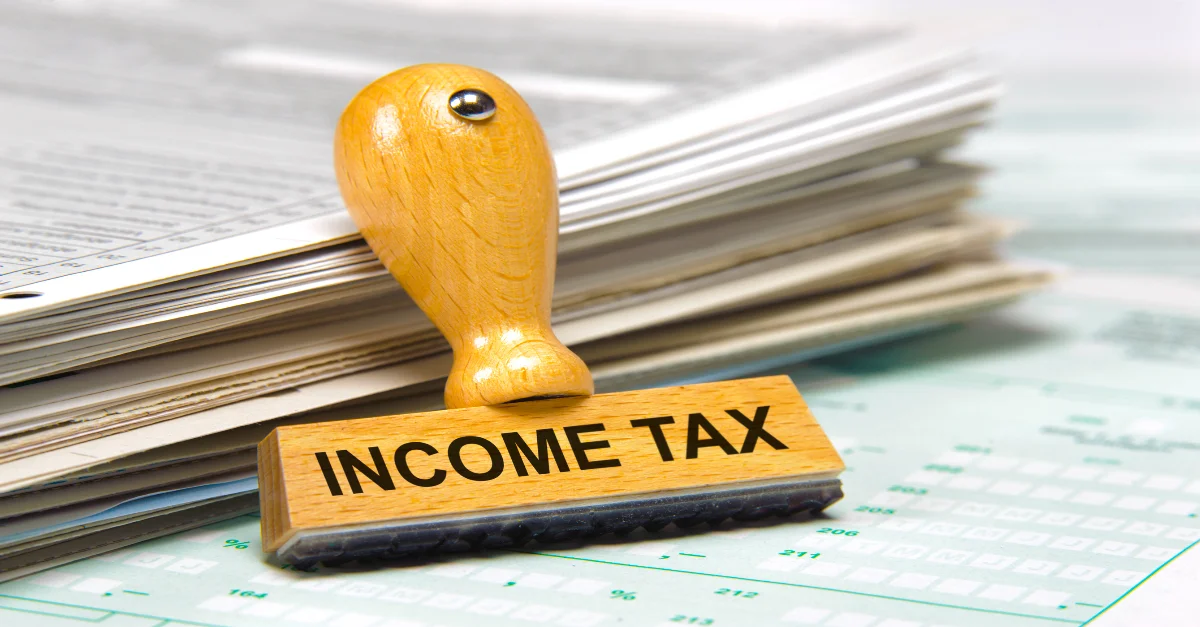Five Frequent Errors You Should Avoid While Preparing Your Income Tax Return
Most individual taxpayers prepare their income tax returns (ITR). You must submit your income tax return for the fiscal year 2022-2023 (AY 2023-24) on July 31, 2023. Rushing through the process out of procrastination can harm your ITR because income tax is a complex legal matter.
1) Choosing the Improper ITR Form
Choosing the incorrect ITR form is one of the most frequent errors when filling an ITR. Using the correct form results in a flawed submission that the Income Tax Department will accept.
Your source of income will determine which ITR form is best for you. For instance, you can file returns using ITR from 1 if you are a salaried individual. However, ITR Form 2 should be used if you have salary income and capital gains from assets. ITR Form 3 should be used to file your taxes; however, if you are self-employed and rely on business profits for income.
2) Interesting earnings:
Disclosing money from only some sources is a crucial error to avoid. Include your salary, business or professional revenue, rental income, capital gains, and investment income. “Omitting any revenue exposes you to fines and tax authorities” investigations. Remember to claim all qualifying deductions and exemptions allowed by the Income Tax Act, including sections 80c and 80D, to lower your taxable income.
Follow FEMA guidelines and provide the appropriate information if you have foreign assets or income. Additionally, while submitting your written text, reveal all your bank accounts, including any international accounts.
3) Neglecting to have your bank account pre-validated:
Pre-validating the bank account is essential when filing income tax return comma especially if individuals anticipate receiving a tax refund for any excess tax paid.
The assessment year, in contrast, is the year that comes after the financial year in which tax returns are submitted. This is meant yours is from 2023 to 2024, for instance, if you file your tax return in June or July 2023.
Remember that assessment usually follows the financial year to help you remember this distinction. Consequently, you should select the review year 2023 – 24 for the present tax file.
5) Feeling to double-check your ITR:
Remember to double-check that your income tax return is a common tax filing error. Frequently, taxpayers are only aware of this inaccuracy once they get a warning from the Income Tax Department. Correcting this error may take time and effort.
Currently, after completing the finished Idea form, the tax was half 30 days to verify their ITR.
It is imperative to avoid common errors like claiming reliefs, deductions, and exemptions without submitting required Income Tax forms by the due date as appropriate, providing incomplete or accurate Bank information, failing to reconcile income and TDS as per Form 26AS, ignoring information available in AIS/TIS, not retaining proof of claimed deductions, omitting of capital gain/loss transactions (if applicable,) claiming false deductions to reduce taxable income, and failing to file income tax returns on time.
Conclusion
Individual taxpayers should keep accurate records of paperwork such as Forms 16, Forms 16A, Bank statements, investment documentation, and rent receipts for at least six years. These documents are references, particularly during audits or queries from tax authorities.


 India
India  Canada
Canada

